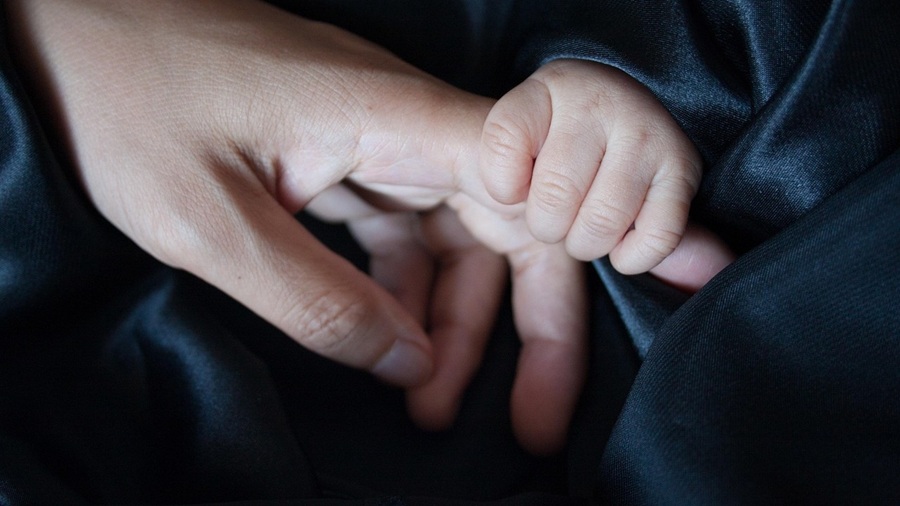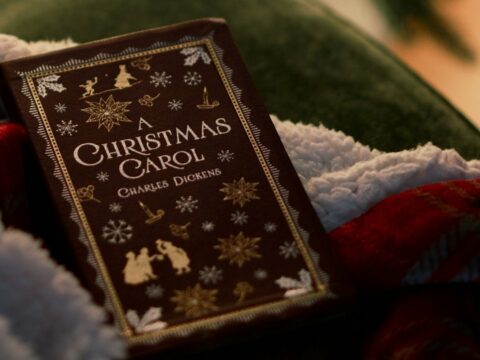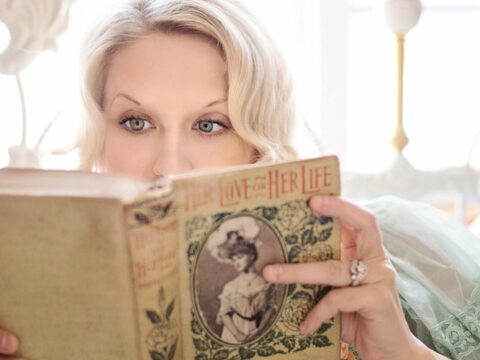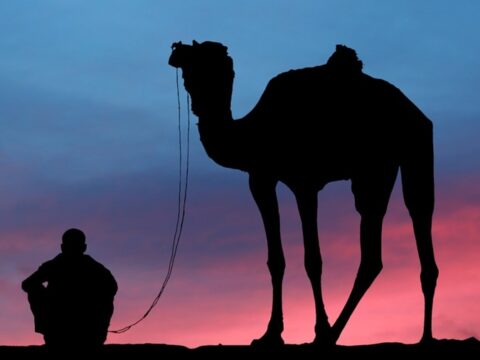Have you noticed just how many fairy tales start with a childless couple? Because if you look around, a staggering number of stories feature a couple or even a single parent pining for a baby. Their socioeconomic status isn’t important. They might be poor, penniless millers. They might be a regal king and queen. It could be a poor, lonely widower longing for companionship. An unwed woman yearning to become a mother. Or even a solitary magical creature or a witch wanting a baby. Whatever the reason for it, childlessness in fairy tales is a strikingly common theme.
This whole concept of wanting a child, to care for someone smaller and more innocent than yourself, is one of the oldest primal human drives in existence. But this theme also hits differently for modern audiences. As fertility rates decline all over the world and industrialization is happening on every continent, it’s become more and more common to have fewer and fewer children—or choose to have no children at all. Of course there are still women everywhere who deeply desire to be mothers. But in fairy tales this desire was on another level. Having a child wasn’t just a personal preference back then. It could be the difference between life and death.
Let’s dive into the origins of fairy tales to understand why babies were once considered the ultimate reward.
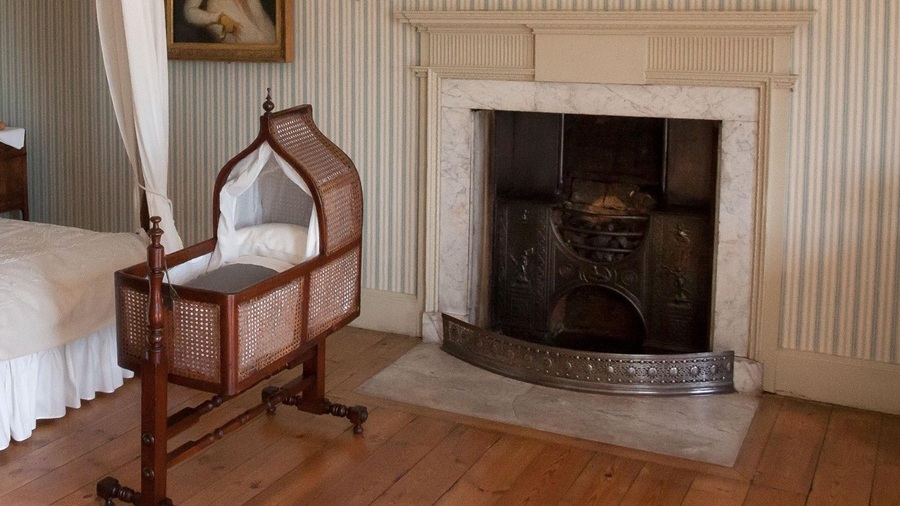
Why Childlessness in Fairy Tales Is So Darn Common
Reason #1: The Natural Order of Things
For most of human history, getting pregnant and becoming a parent wasn’t something people chose. It was just what happened once people became sexually active. Fairy tales have been around WAY longer than birth control, and long ago, marriage was synonymous with pregnancy. Therefore babies were just a natural consequence of two adults settling down. So imagine just how unnatural it was to be infertile.
Childlessness in fairy tales is perhaps the ultimate curse. A childless couple was a very strange thing back in the day and often signaled sickness, impotence, or even religious condemnation. Sadly, it was quite common for cultures all over the world to blame the woman in a relationship for a lack of children. People in most historical cultures were also incredibly superstitious of infertility. In a time when medical knowledge was limited, childlessness was often blamed on sin or darker forces working against a young couple. Infertility was quite an unlucky thing—and sometimes grounds to be ostracized. But beyond the social stigma, there were bigger reasons to fear childlessness . . .
Reason #2: The Role of Children throughout History
Back in the day, kids weren’t just a nice thing to have in an emotional sense. They filled a far deeper role of carrying on the family line, inheriting their parents’ work and wealth, and also being an important source of labor. For royalty especially, having an heir to continue the family bloodline and rule the kingdom after your death was a huge deal. A king without an heir was in an incredibly vulnerable position. Not having a stable line of succession was like blood in the water to ambitious usurpers, enemies of the crown, and belligerent warlords. Childlessness in fairy tales about kings and queens is very much a whole-kingdom problem that affects everyone in the realm down to the lowliest serf.
For the peasants of fairy tales, children had an incredibly important role as well. Even the most humble of workers in the kingdom wanted to pass on their homestead, their trade, and their family name to heirs of their own. Then there’s the practical business of farming the land. If you and your wife were working the land and raising livestock, having a large family was just one of the ways people spread the manual labor around. Having strapping children in an agrarian society could be the difference between survival and starvation, another extremely common theme in fairy tales.
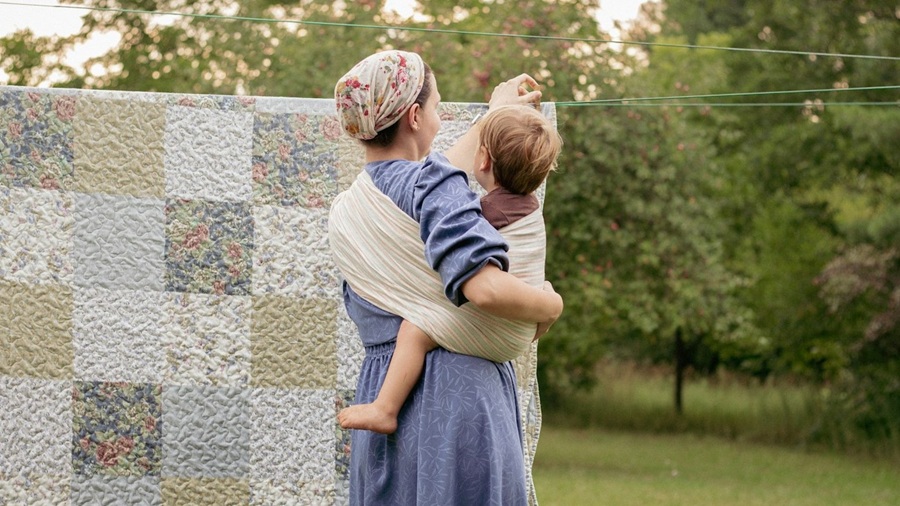
Beyond all the practical and natural reasons to want children, there were symbolic, emotional reasons as well.
Reason #3: Children Symbolize Hope in the Future
Babies in fairy tales are almost universally a positive thing. Sure, there are stories now and then about children cursed from birth with complicated spells that need breaking. But generally speaking, babies are seen as a blessing and a joy while childlessness in fairy tales is seen as a sad misfortune. Perhaps the biggest reason for these connotations is because of what children represent in literature generally.
Little ones are the ultimate symbol of innocence and renewal. A universal talisman of hope, resilience, and wonder. Babies are generally the result of love, and their youthful resilience shows up time and again in many stories. Why else do you think the youngest sibling is often the most brave, resourceful, and successful in so many fairy tales? No matter how you shake it, childlessness is a sad thing in classic stories because kids represent a legacy. Once you have a child, that child is a daily reminder that a family will continue on and have future chances to achieve their dreams. And sometimes people’s biggest dream of all is becoming a parent.
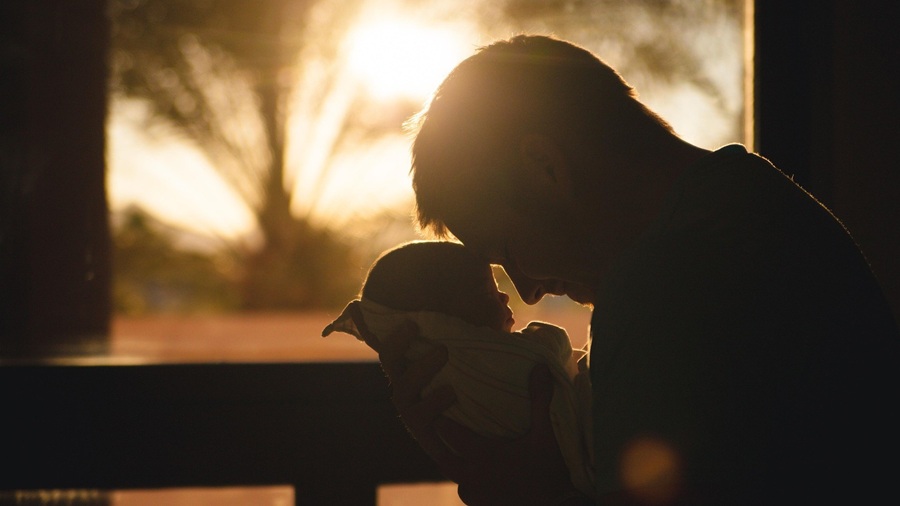
Truly, Having a Kid Is the Biggest Investment in Your Future
Especially in developed countries, having kids is pretty out of fashion these days for a whole variety of reasons. But it’s easy to see when you read old stories that babies have always had high value to match the high cost of raising them. After all, what’s even the point of making the future better unless we’re giving that future to someone else? What are we all working for if not to make the world a better place for those who haven’t even arrived yet, but just might be right around the corner . . . ❧

